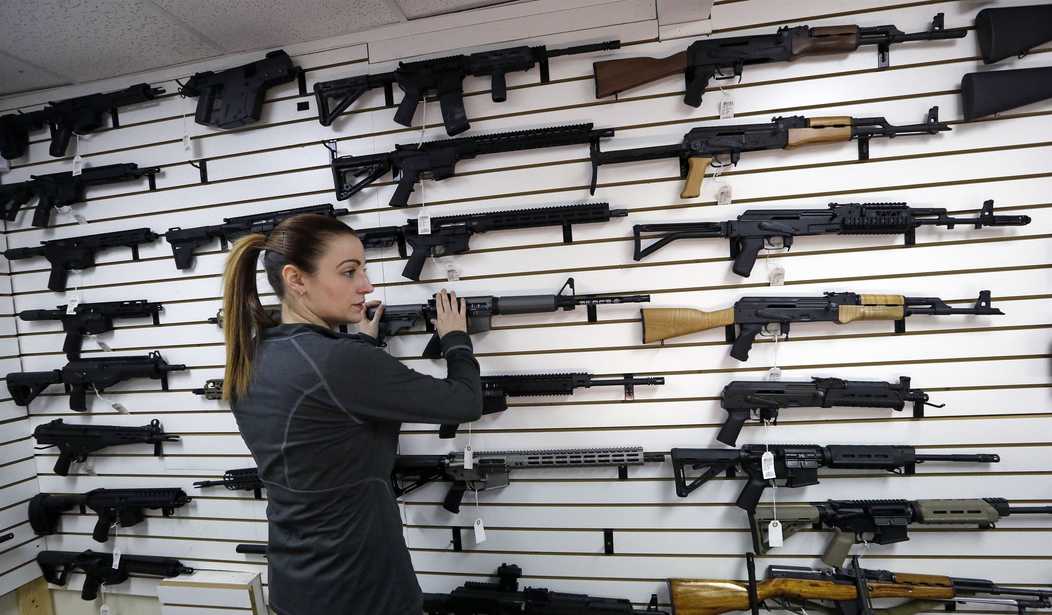Since the election of President Trump, the firearm industry had been in a tight spot. While they’re undoubtedly better off than if an anti-gun president occupied the Oval Office and heavily restricted the industry, they’re still in a rough patch. They need more buyers and, frankly, the market in the United States kind of is what it is.
Luckily, the Trump administration is looking for ways to help the beleaguered industry. In particular, by easing trade restrictions that will allow companies to sell to buyers outside of the United States.
In a move aimed at boosting the sale of U.S. firearms and ammunition abroad, the Trump administration has eased regulations on some commercial firearms exports.
American manufacturers will have fewer registration requirements in order to obtain an export license, as the State Department moved jurisdiction of certain firearms sales to the Commerce Department. The change, announced last week, was entered into the Federal Register on Thursday. It will be effective March 9.
The long-delayed rule change, which began under the Obama administration, is intended to lower costs for U.S. gun-makers such as American Outdoor Brands Corp. and Sturm, Ruger and Co., while refocusing regulatory attention on weapons sales that could pose national security risks.
For example, under the Arms Export Control Act, the State Department must disclose any commercial arms sale worth $1 million or more to Congress for review. The Commerce Department has no such requirement.
What’s more, the State Department requires an annual fee from companies in the industry, whereas Commerce does not require such a fee.
“Exports of firearms and related items that do not perform an inherently military function or provide the United States with a critical military or intelligence advantage – including many articles that are widely available in U.S. retail outlets – will move to the Commerce Department’s export licensing controls,” assistant secretary of State for Political-Military Affairs R. Clarke Cooper wrote in an emailed statement to CNBC.
Honestly, this is how it should have gone from the beginning.
I get that we don’t want classified weapon systems to fall into enemy hands and all that, but the problem is that the law also covered firearms that are easily available to the American consumer. If the system is that classified, why can I buy it from Bubba’s Gun & Tackle?
This will allow manufacturers to seek out buyers overseas to help supplement the reduced demand here in the U.S.
Further, bolt-action and semi-automatic firearms aren’t cutting edge missile tech. There’s absolutely nothing in this that will risk American lives.
This rule change–one that will, undoubtedly, infuriate anti-gunners and not just because 3D-printed firearms will also be covered by this rule–is ultimately good for the firearm industry. It’s also good for the American economy as it will bring in money from outside the U.S. and help create and maintain American jobs.
Plus, this rule change started under President Obama, so let’s not pretend this is just Trump trying to curry favor or anything else. This is just a sound move that will benefit American businesses, particularly on a world stage where their competitors often aren’t operating under such restrictions.








Join the conversation as a VIP Member